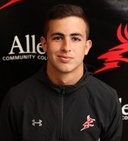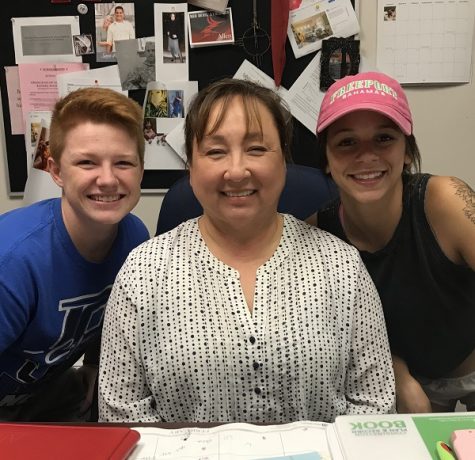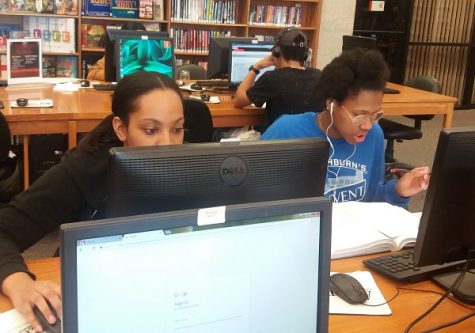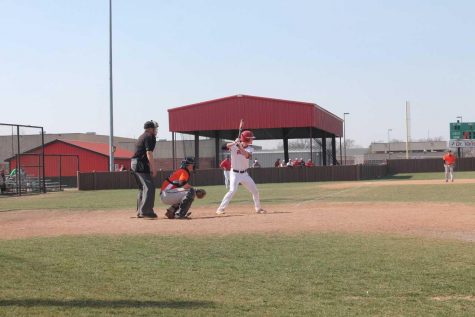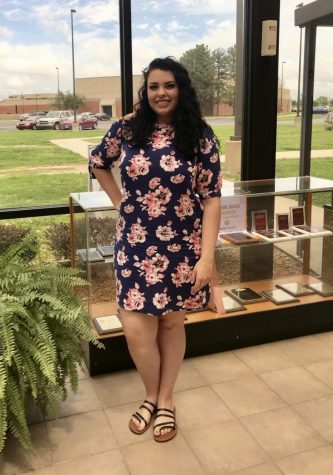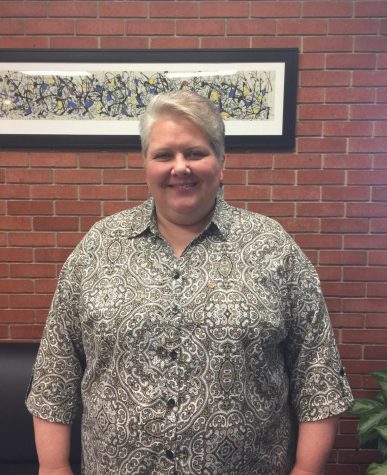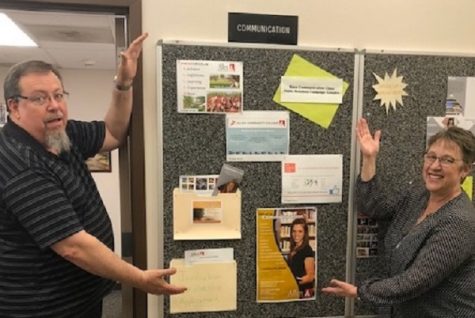Culture and Intelligence: Dr. Yadav Pandit
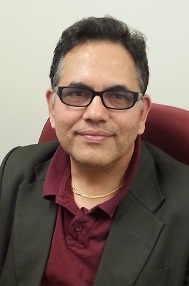
Yadav Pandit
October 25, 2017
Allen Community College welcomed Dr. Yadav Pandit to its staff in 2016 as the physical science Instructor. He brings to the southeast Kansas school a wealth of experience and a world of culture.
Pandit, 47, was born in the western hills of Nepal and is the youngest of six children. According to Pandit, he was interested in science at a young age but didn’t want to be a teacher until later in his schooling.
“I was interested in science early on,” said Pandit, who remembers choosing science over other electives in eighth grade.
Pandit attended Shishu Kalyan Primary School in Tikuri, where he grew up. He graduated with several honors including taking the number one spot in his school district academically.
“I knew I wanted to go to college,” said Pandit. “My family wanted me to study medicine and be a doctor. I wanted to study physics, science. I knew I wanted to be a teacher then.”
Later, Pandit attended Tribhuvan University, a prestigious college in the center of Nepal’s capital city Kirtipur, Kathmandu. There he received the equivalent to an associate’s degree.
Pandit went on to do work at the Central Department of Physics for two years, and his schooling in Nepal came to completion. He started teaching in Nepal at a technical university in 1997 and taught at various other schools in Nepal before coming to the United States in 2005.
In addition to his studies, Pandit was very involved in student activities in college and had the opportunity to travel to several different countries for academic conferences. His published work can be found by entering his name in Google. Pandit’s most popular work has been cited over 7,000 times by students and researchers alike.
Pandit earned his master’s degree in experimental nuclear physics from Kent State University in 2008, and his doctoral degree followed in 2012. His doctoral thesis was a “breakthrough in our field of research,” said Pandit. That specific work has been presented over 400 times in different conferences, by Pandit himself and those who have used and cited it.
AFTER WORKING at the University of Illinois at Chicago, Pandit decided to come to Allen.
“I wanted to… discuss what I know, (and) make other people learn a few things from me; that was my idea,” said Pandit. “I wanted a job where I can still do the research, but I can also spend a significant amount of time teaching — to make other people learn.”
Pandit’s small town roots influenced his decision to teach at Iola. While his ideal job would be part research and part teaching, he is very happy with his teaching job at the college.
“In the past, I’ve been in the big cities like New York, or even Kent, Ohio which was close to Cleveland and Chicago. I wanted somewhere quiet, not far from the city if you want to go there,” said Pandit. Although Iola wasn’t a perfect fit for Pandit, he said it was very close to what he was looking for.
“I joke with President Masterson, ‘Here, I can eat lunch with the president,’” said Pandit. “I like the small setting and being able to interact with everyone. You don’t get that opportunity in the big cities. You can’t see the president unless you set up a meeting.”
As the year continues, so does progress on the new physical science laboratory being built in Allen’s A Complex. One of Pandit’s goals for the year is to make the lab the exact same or similar to those at the top universities.
“I’m an experimental physicist. I want my lab to be a good one!” said Pandit. “This lab will be similar quality if not better than the labs at top universities, so students can get experience in real labs and possibly take an interest in science.”
Pandit encourages his students to come by his office and ask for help if they don’t understand. “I will explain problems and do them over and over until you understand,” said Pandit.

